
Steve Simske, PhD, discusses his research investigating how the occurrence of discrimination in biology can act as an agnostic analogy for discrimination in humans’ social environments.

Steve Simske, PhD, discusses his research investigating how the occurrence of discrimination in biology can act as an agnostic analogy for discrimination in humans’ social environments.

Jawad Saleh, PharmD, BSPharm, BCCCP, BCPS, clinical manager of Pharmacy Services at the Hospital for Special Surgery, discusses how pharmacists can treat postoperative nausea and vomiting.

Robert Mancini, PharmD, BCOP, FHOPA, highlights differentiating diagnoses similar to myelodysplastic syndrome and discusses the International Prognostic Scoring System (IPSS).

Zahra Mahmoudjafari, PharmD, BCOP, DPLA, provides insight on the impact myelodysplastic syndrome has on patients’ quality of life.

HOPA DEI Committee chair Kamakshi Rao, PharmD, BCOP, FASHP, noted that on the DEI journey ahead, the oncology pharmacist should be front and center as part of the treatment team.
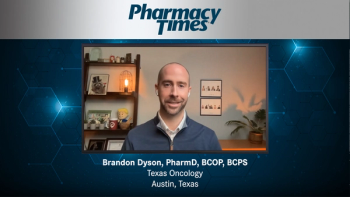
Medical experts open a discussion on treatment management for patients with CP-CML and Ph+ ALL.

In addition to ongoing staffing patterns and new technology, an expert said pharmacies will have to adapt to new ways of educating students and staff.

Lions and tigers and zebras oh my! Expert says precision medicine helps identify unique “zebras” (cancers), but it is increasingly difficult to keep up with new treatment indications across a broad range of cancers.
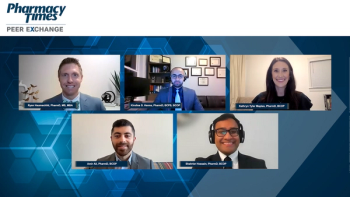
Ryan Haumschild, PharmD, MS, MBA, leads a discussion surrounding relapsed/refractory multiple myeloma (MM).
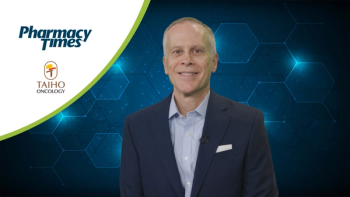
Tim Whitten, BSPharm, MBA, CEO & President of Taiho Oncology Inc discusses the critical impacts of pharmacists across the health care landscape.
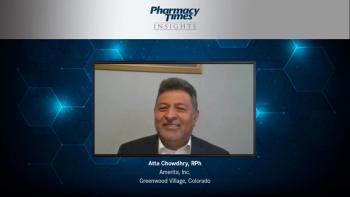
An array of complications may arise associated with treatment of hemophilia A.

Atta Chowdhry, RPh, opens a discussion surrounding prophylactic treatment in patients diagnosed with hemophilia A.

Clinical oncology pharmacist Amy Indorf, PharmD, BCOP, discusses her presentation on the role of PARP inhibitors for ovarian cancer.

Medical experts provide an overview on potential risk factors leading to MDS.

Ryan Haumschild, PharmD, MS, MBA, leads a discussion surrounding myelodysplastic syndrome (MDS).

Expert discusses the patient-reported outcomes from the GRIFFIN trial at the final study analysis after all patients completed 1 year of follow-up post maintenance therapy.
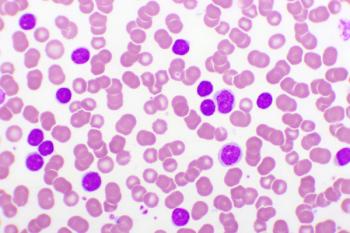
Expert discusses updated cohort of patients with longer-term follow up treated in the phase 2 clinical trial of venetoclax added to cladribine plus low-dose araC alternating with azacytidine.

Expert discusses the updated data for a trial cohort after a median follow-up of 27 months.
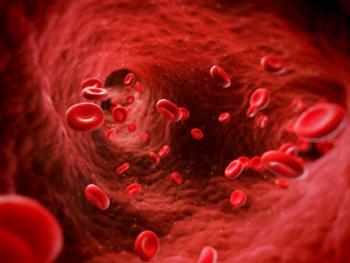
Expert discusses the effect of baseline transfusion burden and luspatercept dose level on response to treatment in patients with LR-MDS from the MEDALIST study.

Expert discusses the results of a trial assessing immune reconstitution in adult patients who received Orca-T, consisting of hematopoietic stem/progenitor cells, regulatory T cells, and conventional T cells.
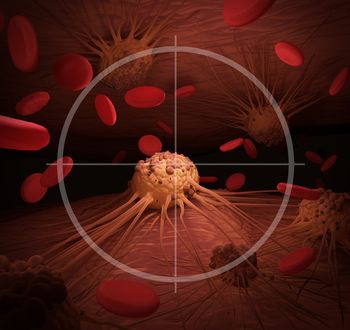
Expert discusses clinical outcomes of the phase 3 ZUMA-7 trial assessing axicabtagene ciloleucel versus standard-of-care in second-line large B-cell lymphoma by metabolic tumor volume.

Expert discusses the safety and efficacy of polatuzumab vedotin combined with rituximab, ifosfamide, carboplatin, and etoposide (R-ICE) as second-line treatment in a multicenter phase 2 study.
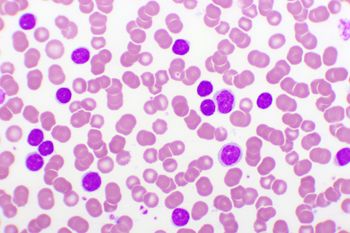
Expert discusses analysis of phase 3 MEDALIST trial data aimed to assess the probability of greater overall survival and progression-free survival benefit from luspatercept vs placebo.

Following a phase 2 analysis of OP-1250 with palbociclib, researchers recommend an OP-1250 dose level of 120 mg/day for future trials.

Guidelines for HER2-low expressed cancer could define who and how patient recieve drugs, said expert live from San Antonio Breast Cancer Symposium 2022.
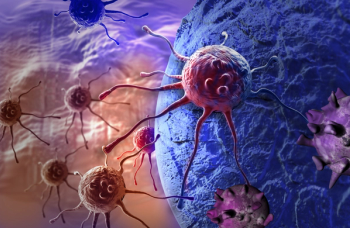
OP-1250 and palbociclib showed “enhanced suppression of tumor growth” in preclinical mouse model studies, according to expert who presented his findings in a poster at the San Antonio Breast Cancer Symposium 2022.
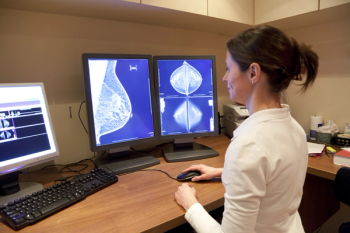
Expert sits with Pharmacy Times to share the promising results of a study that evaluated the safety of a new antibody drug conjugate with radiation therapy.

Dawn L. Hershman, MD, MS, Columbia University Medical Center, New York, NY, presents her findings at the 2022 San Antonio Breast Cancer Symposium.

Researchers discovered the most common single gene mutation that causes treatment-resistance in first- line ER-positive or HER2-negative breast cancer treatment with a CDK4/6 inhibitor.

Breast cancer expert joined a panel to discuss aromatase inhibitors at the San Antonio Breast Cancer Symposium (SABCS) on December 6, 2022.